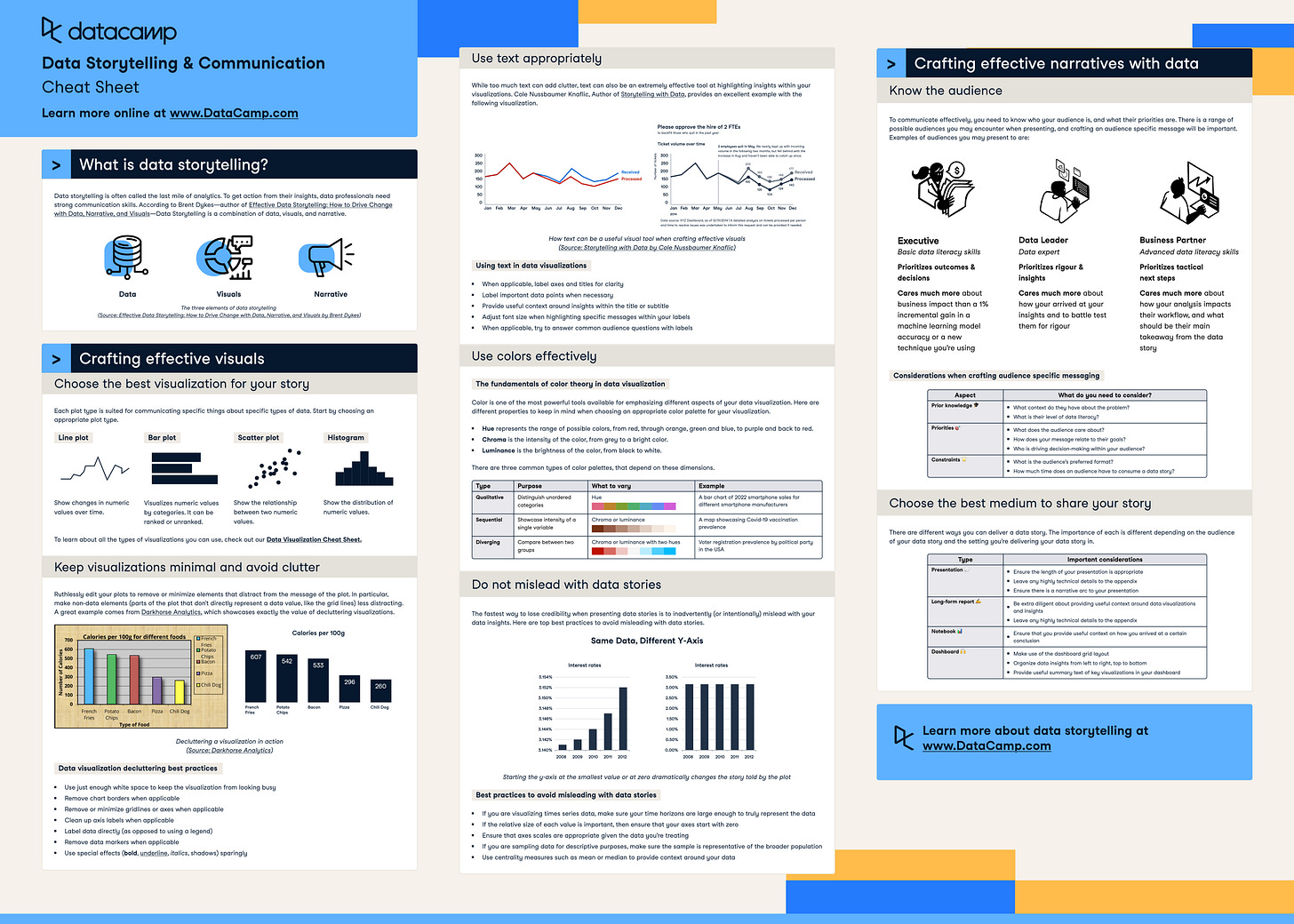Google’s AI Solves 56-Year-Old Math Problem, Codex Writes Code and Manus Makes Art That "Reads" Your Mind
Google builds a model that invents algorithms, OpenAI debuts a GitHub-savvy coding agent and Manus tackles multi-step creative tasks.
Fellow Data Tinkerers!
It’s time for this week’s round-up on all things data and AI. Before that, just sharing that you can have access to 100+ cheat sheets like below, if you share Data Tinkerer with just 2 other people
So if you enjoy reading Data Tinkerer, share with friends and earn referral rewards!
Now, with that out of the way, let’s get to this week’s news round up on all things data and AI



